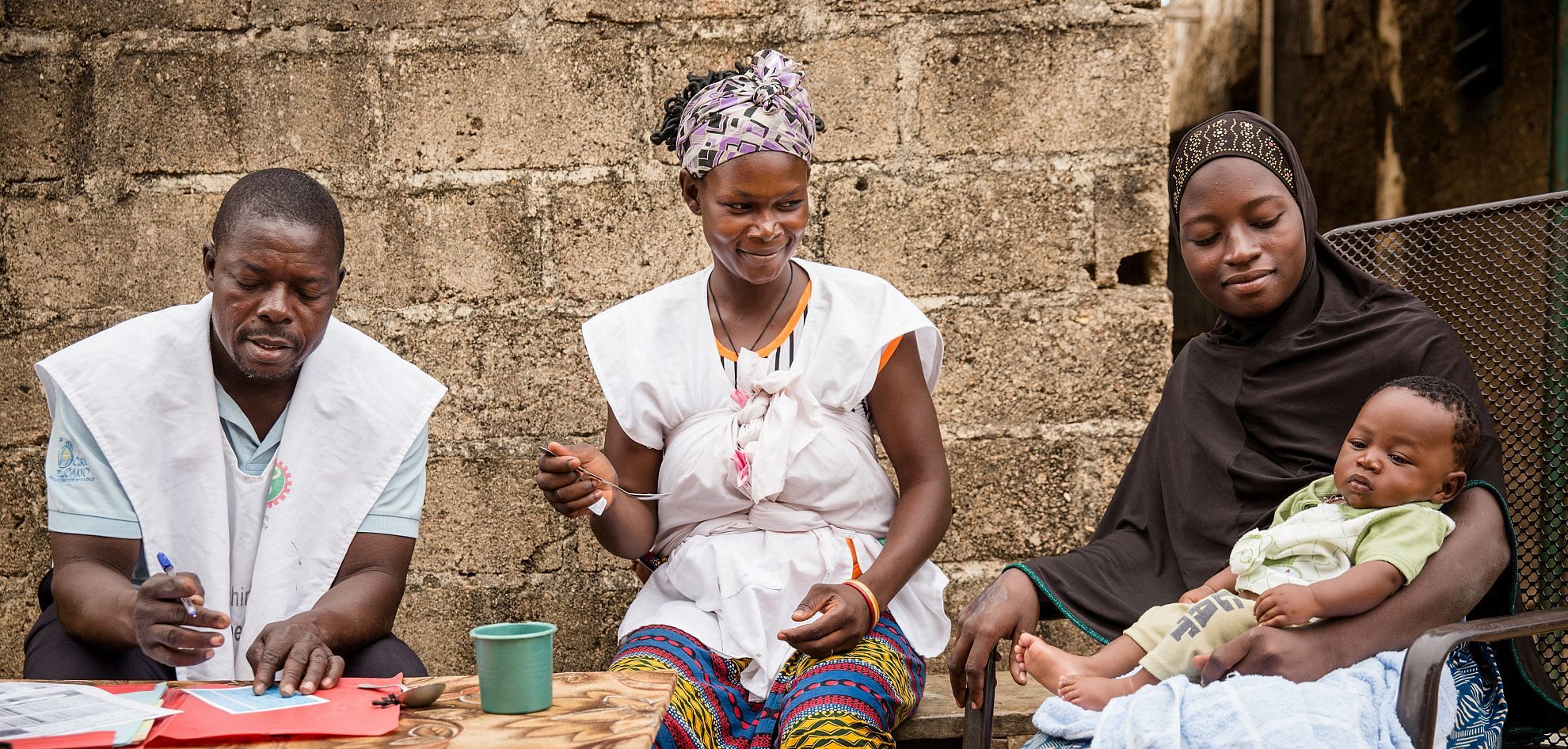
World Malaria Day 2021
25 April 2021Today marks the 15th annual World Malaria Day and provides an opportunity for the global community to reflect not only on the progress that’s been made but what more needs to be done – setting out where we need to focus our efforts in order to ensure all countries continue moving along the pathway towards elimination.
Two decades of investments in malaria have saved 7.6 million lives and prevented 1.5 billion malaria cases but despite advances in technology that make malaria both preventable and treatable, over 400,000 people died from the disease in 2019, two-thirds of them children under the age of five and more than 90 percent of them in Africa.
As long as malaria exists, it will be a chronic engine of poverty and inequality, burdening the poorest and most vulnerable communities, almost certainly resurging where investment stops, as well as in times of humanitarian conflict and during public health emergencies like the COVID-19 pandemic. Each country faced with malaria-endemicity must take a unique, context-specific approach to elimination of the disease and achieving universal health coverage in order to save thousands of lives.
Reducing the disease burden of malaria, from both a public health and economic perspective, is complex and requires tailored solutions, effective use of resources and long term partnerships and commitment.
Large scale prevention
In countries affected by the highest burden of malaria, like Nigeria, large scale operations that achieve high coverage as quickly as possible are critical. Malaria prevention is step one in lowering the cost of malaria to lives and health systems. Our programmes, like seasonal malaria chemoprevention (SMC) which reaches over 12 million children under five years-old, protects those most vulnerable to the disease. Without these high coverage interventions, we cannot make progress towards achieving burden reduction and elimination. Read more about our SMC programme
Digital solutions
Large proportions of the population in low- and middle-income, malaria-endemic countries do not have easy or equitable access to healthcare. Digital health platforms, like Malaria Consortium’s upSCALE in Mozambique, are helping to overcome this problem by enabling health workers in local communities to provide diagnosis, treatment and referrals for malaria, as well as logging stock levels of drugs and equipment. Hear how upSCALE works in practice
Surveillance and response
More effective and integrated surveillance systems will ultimately not only improve outcomes for malaria but improve health outcomes more widely and build more resilient health systems better able to support public health emergencies like the COVID-19 pandemic. Malaria Consortium works closely with governments in low-and middle income countries to strengthen infrastructure and capacity for surveillance within existing health systems and is looking at ways to improve data visualisation trends to make it easier for decision makers to understand and act on data.Read our latest blog on data and surveillance for malaria in Nigeria
Community ownership and leadership
Community health workers are key to delivering malaria interventions, diagnosing and treating members of their community and engaging them in prevention measures. Last year, we trained over 100,000 community health workers and supervisors, understanding that they are often the first point of contact for those suffering from communicable diseases, like malaria. Equally, we recognise that to eliminate malaria, community ownership and leadership is crucial and we engage community members directly so that their voices and actions help to secure sustainable change.Watch our animation to learn why community health workers are vital for improving health outcomes in rural areas
Latest news
- Malaria Consortium honoured by Ugandan government for contribution to combat malaria23rd April 2024
- International summit calls for AMR accountability in public health interventions21st March 2024
- Global SMC community celebrates new milestone at SMC Alliance Annual Meeting in Nigeria6th March 2024
- Scaling up key interventions could halve pneumonia-related childhood mortality13th February 2024
- Malaria Consortium and eGov Foundation join Mozambique’s national malaria programme to digitalise seasonal malaria chemoprevention campaigns8th February 2024
- World’s first malaria vaccine rollout launched in Cameroon22nd January 2024